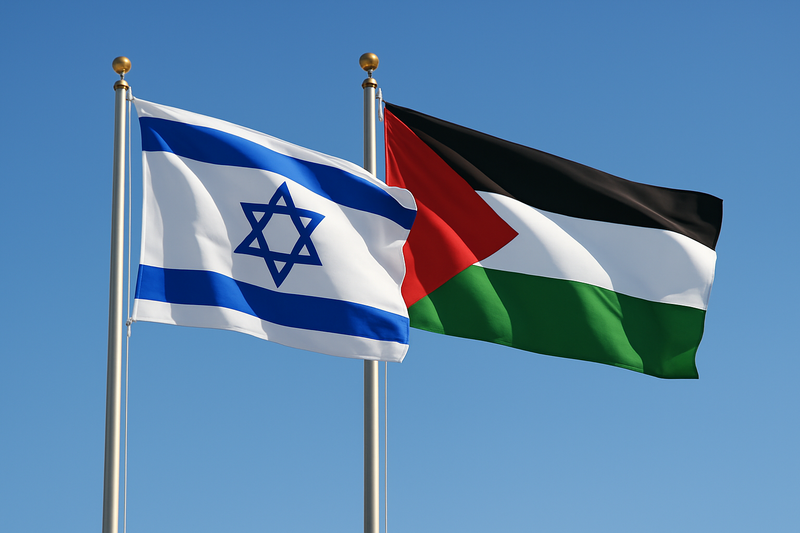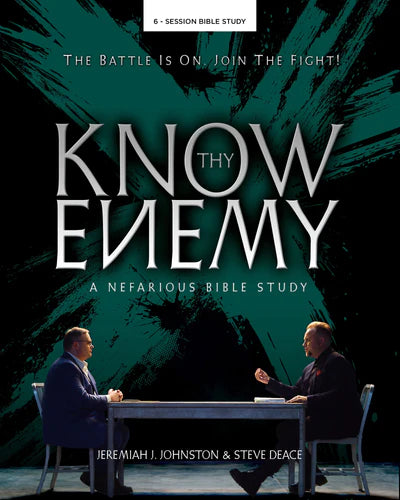
As miraculous as it may sound, we are one step closer toward ending the conflict in Israel and Gaza and returning hostages—a very merciful turn after years of tensions. Any movement toward safeguarding human life, returning captives, and silencing weapons is worthy of sober celebration for all who bear God’s image.[1] Yet for Christians, moments like these also invite deeper reflection: How should we rejoice in temporal peace without mistaking it for the everlasting peace Christ promises? At Christian Thinkers Society, we want to think clearly, biblically, and compassionately about both.
“The gospel calls us to pray and work for earthly peace—while anchoring our ultimate hope in the Prince of Peace.”
A Thankful Pause: Why Temporal Peace Matters
According to recent reporting, a phased agreement between Israeli and Hamas leadership anticipates the release of remaining hostages, a defined military withdrawal line, and swift governmental approvals to activate a ceasefire window. Hospitals prepare. Families brace for reunions. Leaders coordinate next steps. Imperfect though such arrangements always are, they can save lives and open doors for mercy and justice to advance.[2][3][4]
Christians should be the first to give thanks for each image-bearer protected and every hostage returned. Scripture charges us to “seek the peace of the city” and to pray “for kings and all who are in high positions, that we may lead a peaceful and quiet life” (Jeremiah 29:7; 1 Timothy 2:1–2). Temporal peace is not trivial—it is a gift that grants space for healing, for truth-telling, and for the church’s ministry of reconciliation.
The Limits of Human Peace
Even the best human agreements remain partial, fragile, and reversible. They cannot purge the human heart of enmity. Human peacemaking can restrain violence for a time, and we should labor for it with diligence and integrity. But no treaty can finally reconcile estranged hearts or reverse the curse that fuels our enmity. As history shows, ceasefires can flicker; resentments can reignite; evil can regroup The heart needs a deeper peace than geopolitics can deliver.
The Gospel’s Promise: Peace With God and the Peace of God
The Scriptures present a twofold peace in Christ.
- Peace with God: “Since we have been justified by faith, we have peace with God through our Lord Jess Christ” (Romans 5:1). In the cross and resurrection, Jesus disarmed sin and death, reconciling us to the Father. This is objective, accomplished peace.
- The peace of God: Flowing from reconciliation, believers receive Christ’s own peace as an abiding gift. “Peace I leave with you; my peace I give to you… Let not your hearts be troubled, neither let them be afraid” (John 14:27). This is experiential, sustaining peace amid a broken world.
The biblical vision of shalom reaches beyond ceasefire to wholeness, justice, and flourishing under God’s reign. The prophets foresaw a day when swords become plowshares (Isaiah 2:4), and the New Testament anchors that hope in the risen Christ who “himself is our peace” and who breaks down the dividing wall of hostility (Ephesians 2:14). Eternal peace is personal before it is polcal. It begins in Christ, transforms communities, and will culminate when the Prince of Peace returns to make all things new.
Walking as Peacemakers Now
Jesus pronounces a blessing on peacemakers, “for they shall be called children of God” (Matthew 5:9). What might that look like in this moment?
- Pray with clarity and compassion.
- For hostages to return, civilians to be protected, and for justice tempered by mercy.
- For leaders to act with integrity and courage, and for truth to expose evil.
- Pursue neighborly love across divides.
- Resist dehumanization in our speech and media habits.
- Seek understanding without surrendering moral clarity.
- Bear witness to Christ’s reconciling gospel.
- Offer the hope of peace with God to those gripped by fear or despair.
- Model communities marked by forgiveness, truth-telling, and practical care for the vulnerable.
“Shalom is not merely the silencing of weapons; it is the healing of the world under the lordship of Jesus.”
Questions for Christian Thinkers
- How can my prayers and actions tangibly protect image-bearers on all sides while maintaining moral clarity about evil?
- What practices help me receive the peace of Christ amid troubling headlines, and how can I share that peace with others?
- In what relationships is God calling me to embody peacemaking today?
Conclusion: Celebrate Mercy, Proclaim the Messiah
We rightly rejoice at each step that preserves life and opens a path to recovery. And we resolutely refuse to place ultimate hopes in what human hands can craft. As Christian Thinkers Society, our mission persists: to teach Christians how to become thinkers and thinkers how to become Christians. We celebrate temporal peace as mercy while proclaiming the everlasting peace of the crucified and risen Lord. Only in Jesus is there a future where shalom is not negotiated but secured forever.
For ongoing resources that invite you to cultivate Christ’s peace daily, explore Dr. Jeremiah J. Johnston’s forthcoming Peace of God Bible and related study resources at Christian Thinkers Society and Thomas Nelson Bibles:
- Learn more about the Peace of God Bible here at Christian Thinkers.
- Publisher details: Thomas Nelson Bibles
Note: Reporting referenced above reflects recent announcements and expectations regarding phased agreements, hostage releases, government approvals, and diplomatic travel.[8][9][10]



